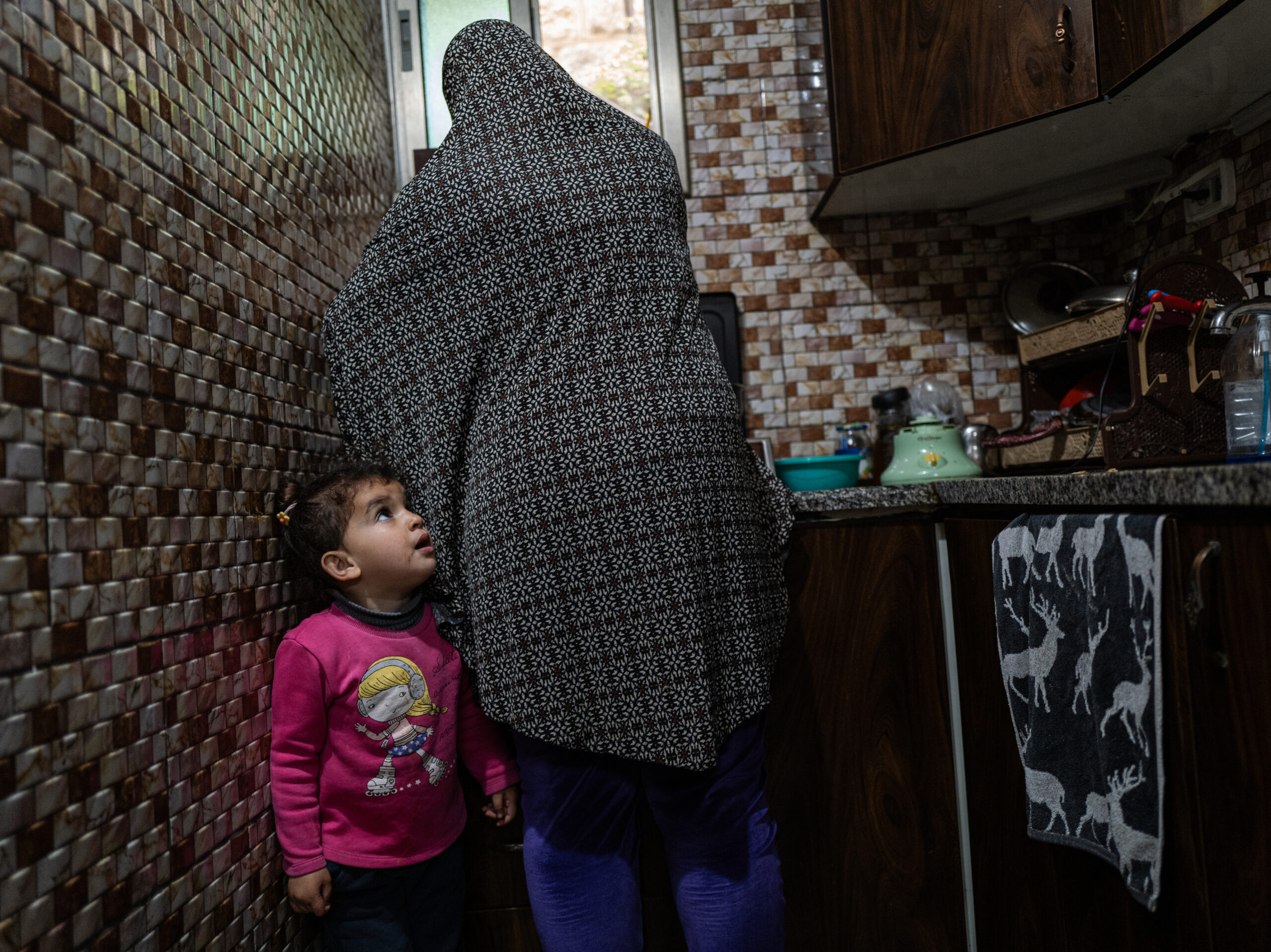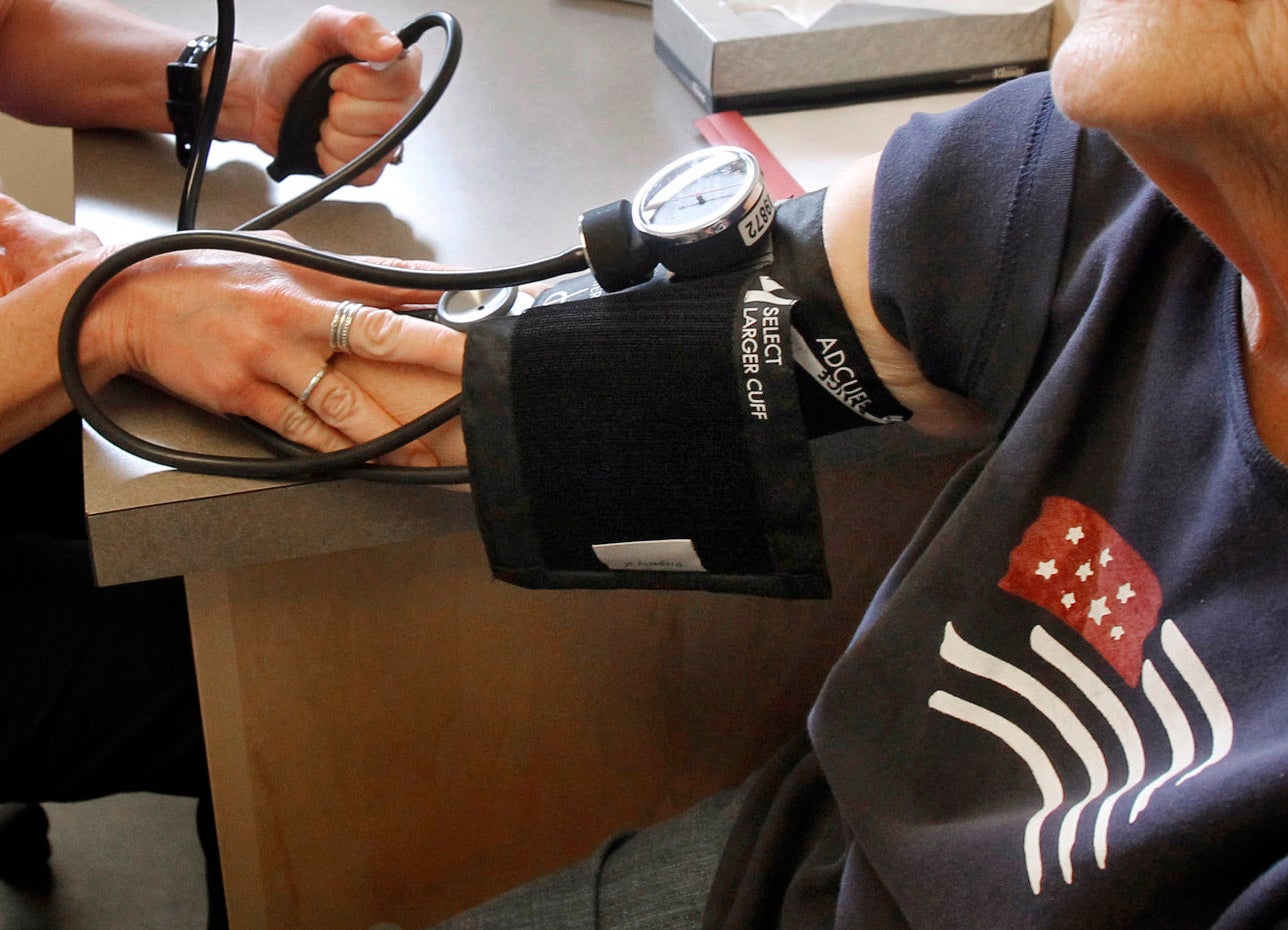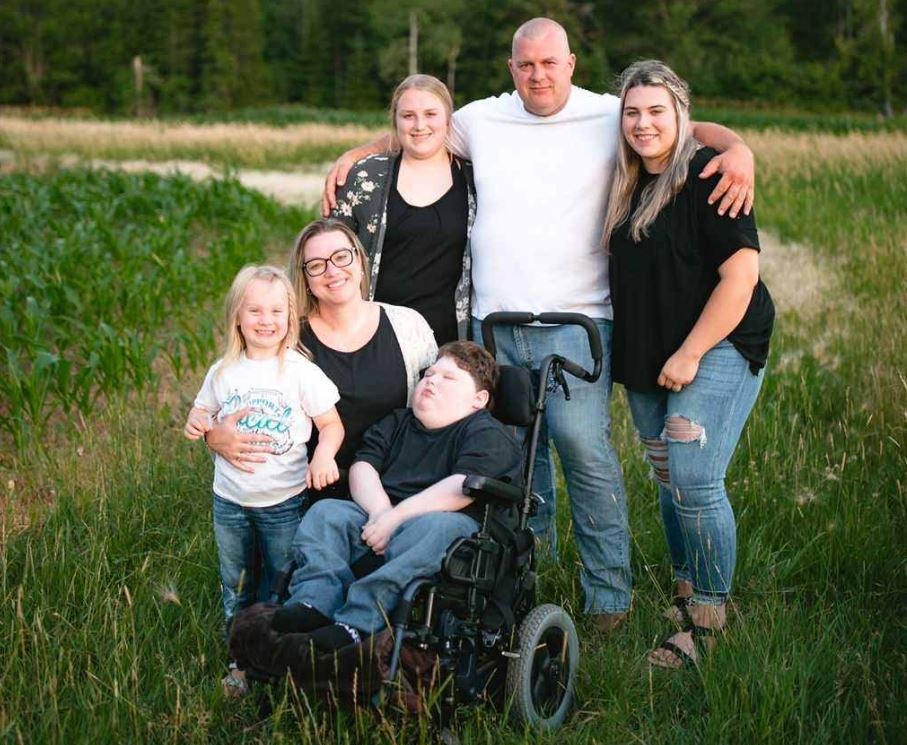The parents of young people who died as the result of medical errors are launching a new effort to change a law that bars them from suing doctors and hospitals for the loss of companionship of their children.
Middleton resident Eric Rice has been pushing for the change for more than a decade. His 20-year-old daughter Erin died at the University of Wisconsin Hospital in 1999 after doctors misdiagnosed her enlarged heart as pneumonia. Rice said they gave her a drug that made her condition worse and eventually led to her death from heart failure.
“So they gave her all the wrong things for like two weeks, and the she died,” said Rice.
Stay informed on the latest news
Sign up for WPR’s email newsletter.
Rice said it took months to find out exactly what medical mistakes were made. Then, when he started looking for a lawyer to sue for the loss of his daughter’s companionship, he found out that he couldn’t, since his daughter was 20 years old and such claims are barred for children over 17.
“I don’t understand that because as a child gets older, you actually get closer,” said Rice.
Rice eventually settled out of court after filing a claim for his daughter’s pain and suffering, but he said the settlement just covered his legal expenses. Since then, he and more than a hundred other families have been lobbying to change the law without success.
“They play politics with it,” he said. “The medical society and insurance companies, they’re in there giving money to candidates and politicians, and they have their ear.”
Rice said that changing the law is a question of fairness, since without it families like his never get a clear accounting of what happened and who was at fault.
“If you can’t go to court, how are you ever going to find out what happened?” he said. “Nobody wants to talk about it. No one’s going to admit they did something wrong.”
Mark Grapentine, vice president of the Wisconsin Medical Society, said that answers are available without going to court. He said families can file a complaint with the state’s Medical Examining Board and request an investigation that could lead to a doctor being disciplined.
“If it really is about finding out what happened, that is a very accessible area,” said Grapentine. “It doesn’t put money in the plaintiff attorney’s pocket, but that’s what people are generally looking for. They’re looking for answers.”
Grapentine said the Wisconsin Supreme Court has ruled definitively that there are good reasons to set an age limit of 18 for filing loss of society claims: Namely, juries don’t have to make subjective decisions about what kind of relationship a parent has with an adult child.
“It’s very difficult for any jury to be able to handle that kind of thing, and that’s the difference in that kind of fact-finding versus the cut and dried, ‘Did do someone do something or not?’”
Grapentine said there are also financial reasons to limit such lawsuits. He said because people are living longer, the number of lawsuits could increase dramatically, leading to higher malpractice insurance premiums for doctors.
“You can have children who are 60 years old who are still taking care of their parents and have relationships with their parents, or they’re all still alive,” said Grapentine. “So instead of having 18 years of potential liability in this one very small area which is loss of society and companionship, you could have it up to 60 years potentially.”
However, a spokesman for the plaintiff’s lawyers group the Wisconsin Association for Justice said it’s likely only a few suits would be flied each year. Chris Stombaugh also said the state’s billion-dollar patient compensation fund is healthy enough to absorb the costs since it covers any claim over a million dollars.
“When you look at it objectively, there is no good reason for this not being addressed, other than they just don’t want it to be addressed,” said Stombaugh.
Supporters of a change in the law plan to try again in the next legislative session.
Wisconsin Public Radio, © Copyright 2024, Board of Regents of the University of Wisconsin System and Wisconsin Educational Communications Board.






